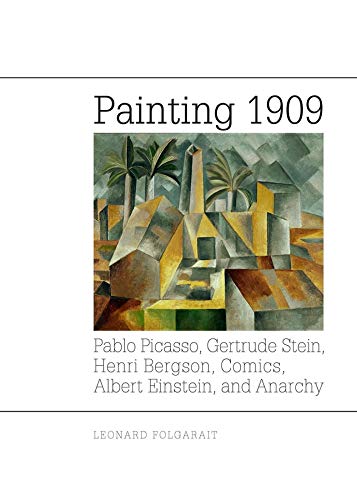-
Книги
- Нонфикшн
- Гуманитарные науки
- Деловая литература
- Естественные / Точные науки
- Книгоиздание
- Лайфстайл
- Словари / Энциклопедии
- Художественная литература
- Детектив
- Драматургия
- Классическая проза
- Мифология. Эпос
- Поэзия
- Собрания сочинений
- Современная художественная проза
- Фантастика. Фэнтези
- Биографии / Мемуары
- Графические романы / Комиксы
- Детские книги
- Воспитание. Педагогика
- Детский досуг
- О детских книгах
- Познавательная литература
- Художественная литература для детей
- Журналы / Зины
- Архитектурные
- Гуманитарные
- Журналы о моде
- Зарубежная периодика
- Искусство / Фотография
- Кино / Театр
- Лайфстайл
- Книги «Подписных изданий»
- Книги на иностранных языках
- Английский язык
- Испанский язык
- Итальянский язык
- Книги на иностранных языках для детей
- Немецкий язык
- Финский язык
- Французский язык
- Шведский язык
- Книги о кино
- Книги о музыке
- Книги о средневековье
- Книги о театре
- Книги о фотографии
- Книги об искусстве / Книги об архитектуре
- Альбомы по искусству
- Архитектура
- Декоративно-прикладное искусство
- Живопись
- Искусствоведение
- Орнаменты
- Прочее
- Танец
- Татуировка
- Творческое развитие
- Книги по философии
- Кулинарные книги
- Николай Солодников рекомендует
- Предзаказ
- Про дизайн / Про моду
- Путеводители / Книги о путешествиях
- Канцелярские товары
-
Подарки
- Брошки и значки
- Гирлянды
- Закладки
- Игры
- Календари
- Наклейки
- Наши сувениры
- Открытки
- Всякие-разные
- Наборы открыток
- Поздравления
- Про любовь и другие хорошие чувства
- С писателями и поэтами
- С цветами, овощами и фруктами
- С цитатами и другими фразами
- Подарочные сертификаты
- Постеры
- Прочее
- Сумки и шоперы
- Упаковка
- Подарочные сертификаты
Адрес магазина: Санкт-Петербург, Литейный пр., 57
Painting 1909
| Автор | |
|---|---|
| Издательство | Yale University Press |
| Год издания | 2017 |
| Переплет | Твёрдый |
| Страниц | 240 |
| Формат | 157x215 мм |
| Язык | Английский |
| ISBN | 978-0-30021801-5 |
| Артикул | 1160727 |
In 1909, renowned artist Pablo Picasso (1881–1973) embarked on a series of stylistic experiments that had a dramatic effect on modern art. This book examines the ways in which Picasso’s art of 1909 intertwines and engages with the larger intellectual framework of his time and sheds light on how the writings of Gertrude Stein, the philosophy of Henri Bergson, the theories of Albert Einstein, and even American comic strips played a role in the development of Picasso’s unique artistic style. With an insightful, interdisciplinary approach that focuses on how European society was grappling with the larger issues of how to conceptualize, write about, and visualize a rapidly modernizing culture, Painting 1909 presents a methodical exploration of Picasso’s stylistic choices and proposes new reasons for the development of radical modernist art that led to Cubism and, eventually, absolute abstraction.
Подписка на рассылку
Мы будем присылать вам обзоры книг, промокоды и всякие-разные новости


